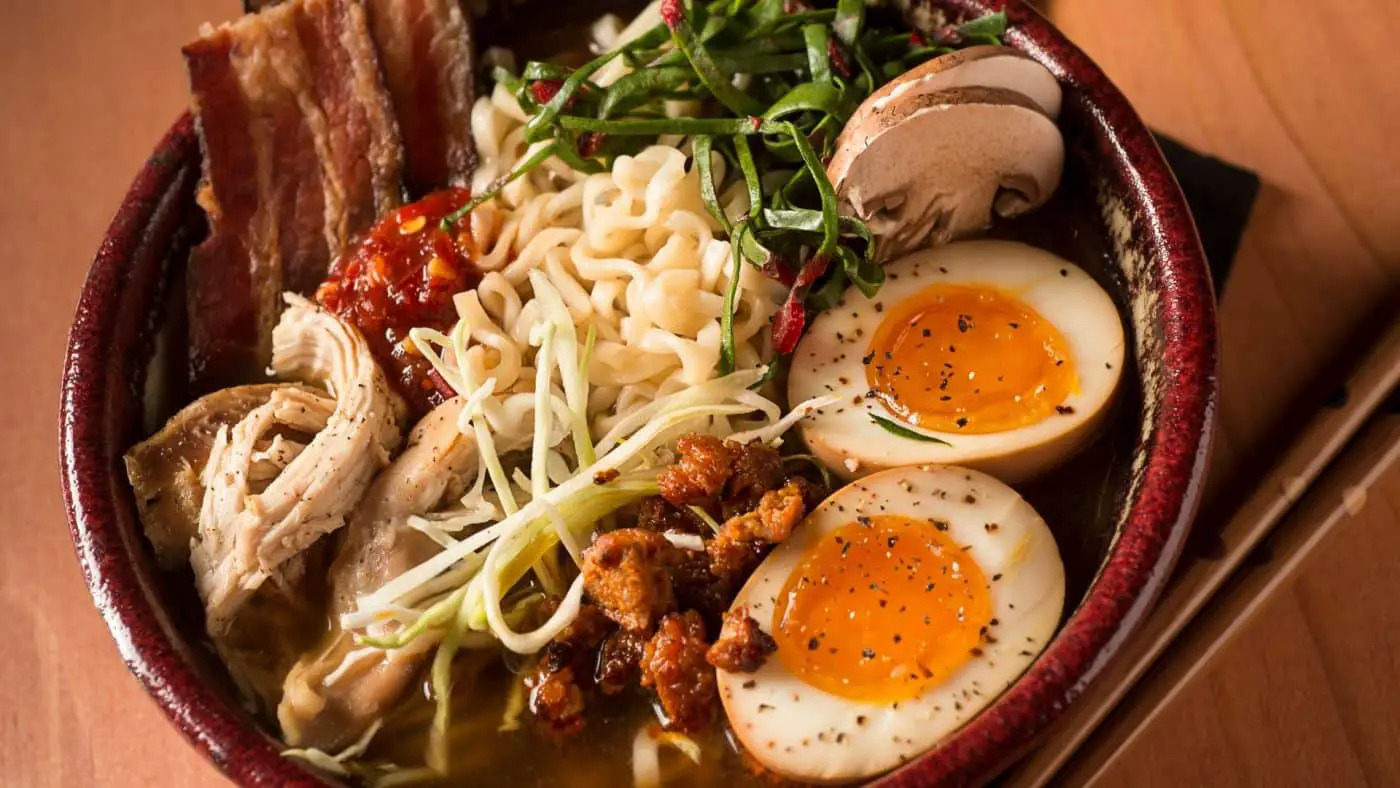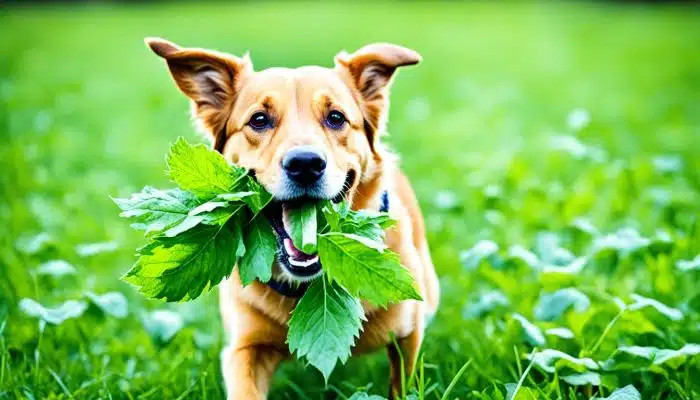Dogs have always been known as man’s best friend. As pet owners, we are responsible for ensuring our dogs are happy, healthy, and well-fed.
However, with so many food options available today, it can be a challenge to determine what foods are safe for our pets to eat. One popular food that often comes up in this discussion is ramen.
These noodles has become a staple meal worldwide due to its convenience and affordability. It’s a quick and easy meal that can be prepared within minutes, whether at home or on the go.
But with the rise of pet owners seeking to introduce their dogs to human food to bond or show affection, the question arises: can dogs eat ramen noodles? While it may seem harmless or even fun to share your favorite dish with your dog, it’s essential to consider the dietary restrictions of dogs before feeding them any food you consume.
Your dog’s digestive system differs from yours; therefore, certain foods that may be safe for you could cause serious health problems for your pet. In this article, we at Pet Gifts & Toys explore if ramen is harmful or beneficial to your dog’s health and what risks come with feeding them this meal – so let’s dive in!
Ready to revolutionize your dog’s mealtime? Delve into our guide on Healthy Habits for Hounds and learn how to create a safe and delectable dining experience for your canine companion.
The Basics: Can Dogs Eat Ramen?
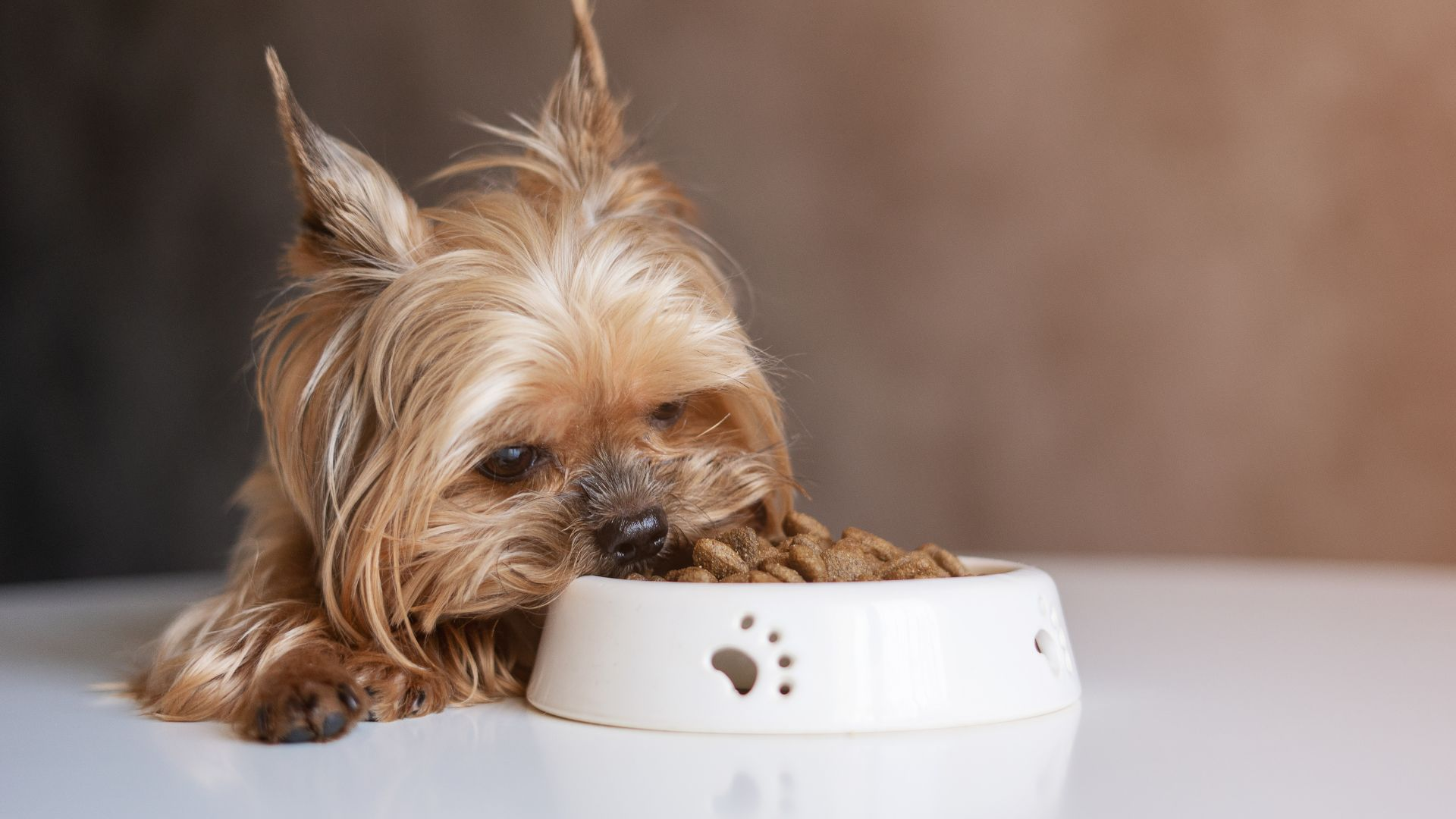
Let’s start by breaking down what ramen noodles consists of – the noodles, broth (usually rich in sodium), meat/vegetable toppings (which some dogs may be allergic to), herbs/spices/seasonings (some which may not agree with your dog). With these factors considered alone – it’s clear that feeding your pup eating these noodles might not be such a good idea.
While there’s no easy answer regarding whether dogs can eat ramen noodles – since every dog’s nutritional requirements are unique – the general consensus among veterinarians is that it’s best to avoid feeding dogs food you eat, especially processed foods. Feeding your dog noodles or other human food can lead to various health complications.
Dogs thrive best on a balanced and nutritious diet tailored to their breed, size, and age. As such, it’s crucial to understand the dietary restrictions of your dog before feeding them any instant noodles.
The Popularity of Instant Ramen Noodles
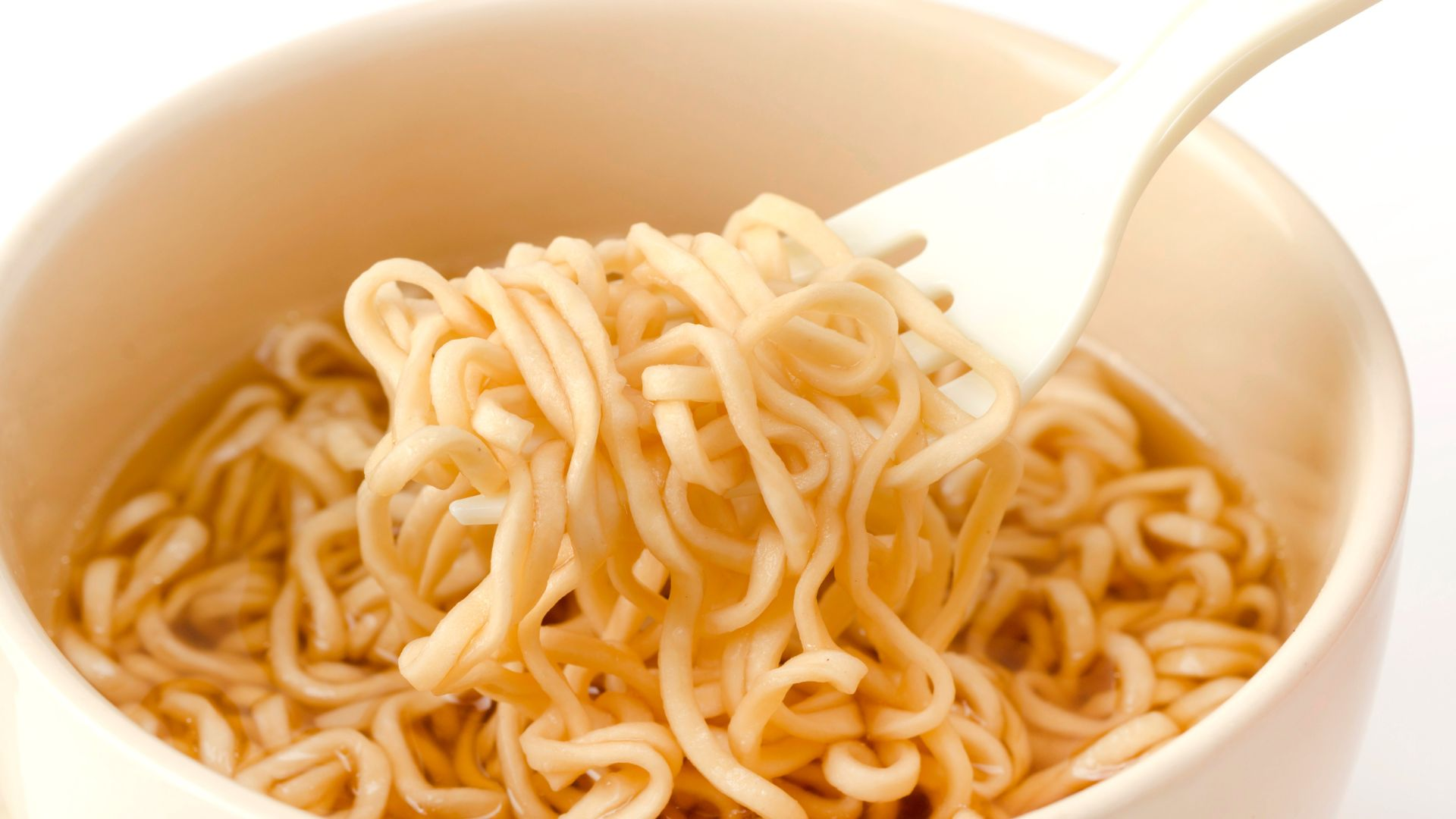
Instant ramen noodles has undoubtedly become a global phenomenon in recent years due to its convenience and affordability. Many love it because it can be prepared within minutes without compromising taste or quality.
While the origins of ramen are disputed, its popularity is not – with restaurants and instant noodle brands popping up worldwide. However, regarding our pets’ health, convenience should not trump nutrition.
As much as we want to show our dogs love by sharing our meals with them – we must put their well-being first. While ramen may be a delicious meal for humans, it is not appropriate for dogs.
Feeding your pet ramen could cause serious health complications affecting their overall well-being. Instead of sharing your meals with your pet as a sign of affection or bonding – consider other ways, like playing or taking long walks together!
What if your dog eats ramen noodles?
A closer look at the ingredients
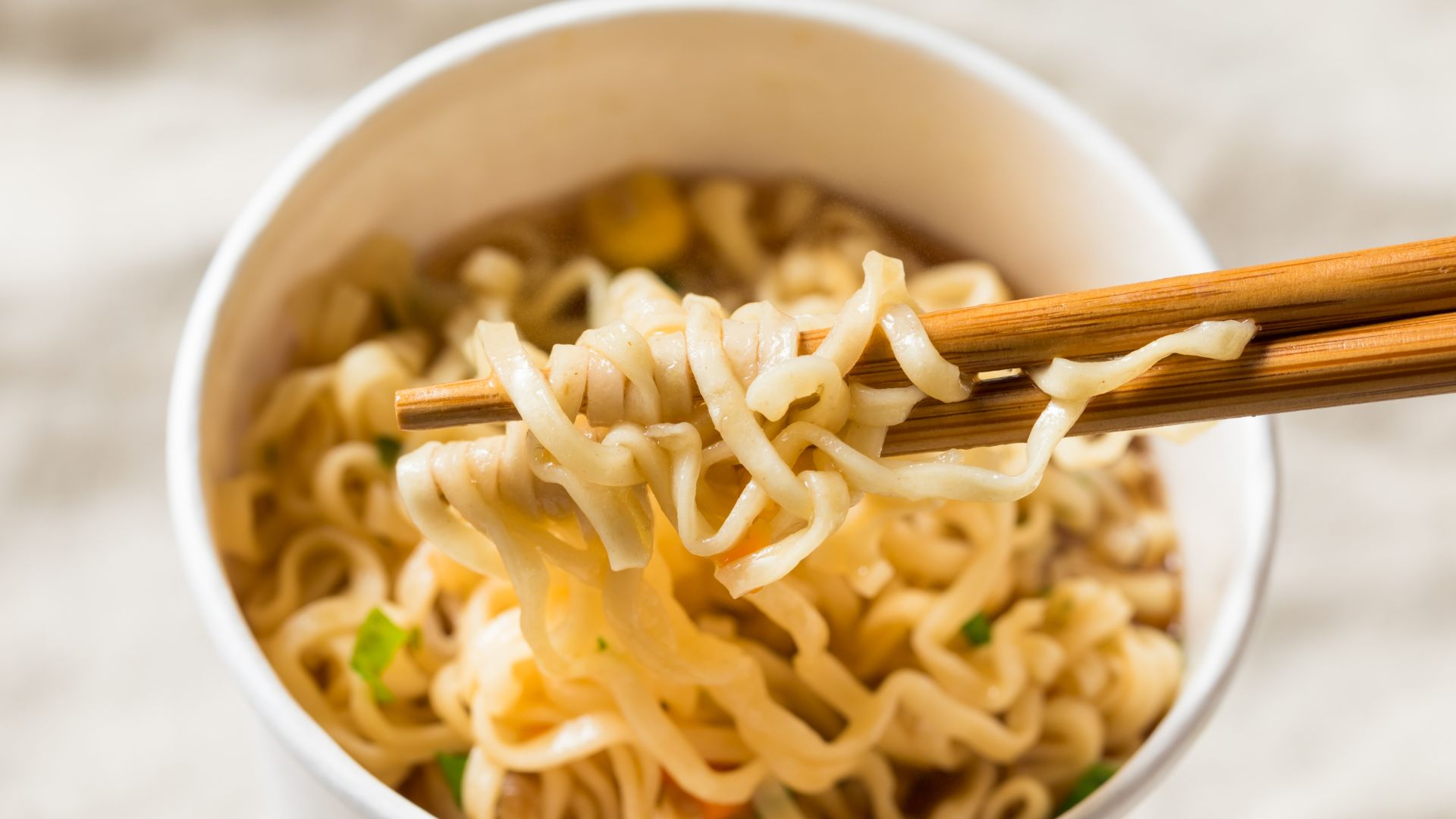
Ramen noodles is a popular Japanese dish that has become a staple in many households worldwide. It typically consists of wheat flour noodles, broth, and various seasonings such as soy sauce, miso paste, and sesame oil.
While these ingredients may be delicious for humans, they can pose some risks to your pet. Firstly, the noodles are high in carbohydrates and may cause digestive discomfort to dogs with sensitive stomachs or are prone to obesity in your dog’s digestive system.
Additionally, the broth used in ramen is often high in sodium content which can lead to dehydration and even salt poisoning if consumed in excess by dogs. Many of the seasonings used in ramen contain potential allergens, such as garlic and onion, which can be toxic to dogs if ingested frequently.
Why these ingredients may harm your dog
It’s important to monitor what your dog eats because certain foods we consume regularly might be unsafe for them due to their unique digestive systems. Dogs cannot process certain foods like humans can, which could lead to an upset stomach or even more serious health issues. The high amount of sodium found within many ramen broths is problematic for pets because it could cause dehydration, affecting their overall bodily functions.
Dogs need adequate hydration levels throughout the day, just like humans do. They also need proper nutrition that supports their body’s natural processes.
Certain seasonings found within these noodles, like garlic or onion, can be toxic pets over time if consumed consistently enough- even by accident! These seasonings contain compounds like disulfides that damage red blood cells, leading to anemia or other oxygen delivery problems throughout your pet’s organs.
What you should do instead
If you’re looking for ways to treat your dog with delicious meals or snacks, there are plenty of alternatives out there that are healthy and safe for pets. Lean meats like chicken, beef, or turkey and cooked vegetables such as carrots, green beans, or sweet potatoes can be great options to feed your dog. Suppose you’re up for the challenge of homemade cooking. In that case, many pet owners opt for homemade diets catering to their pet’s nutritional needs.
With some research and effort, you could be whipping up a delicious meal for your furry friend in no time! Remember that your pet’s health should always come first when feeding them.
The Risks of Feeding Your Dog Ramen
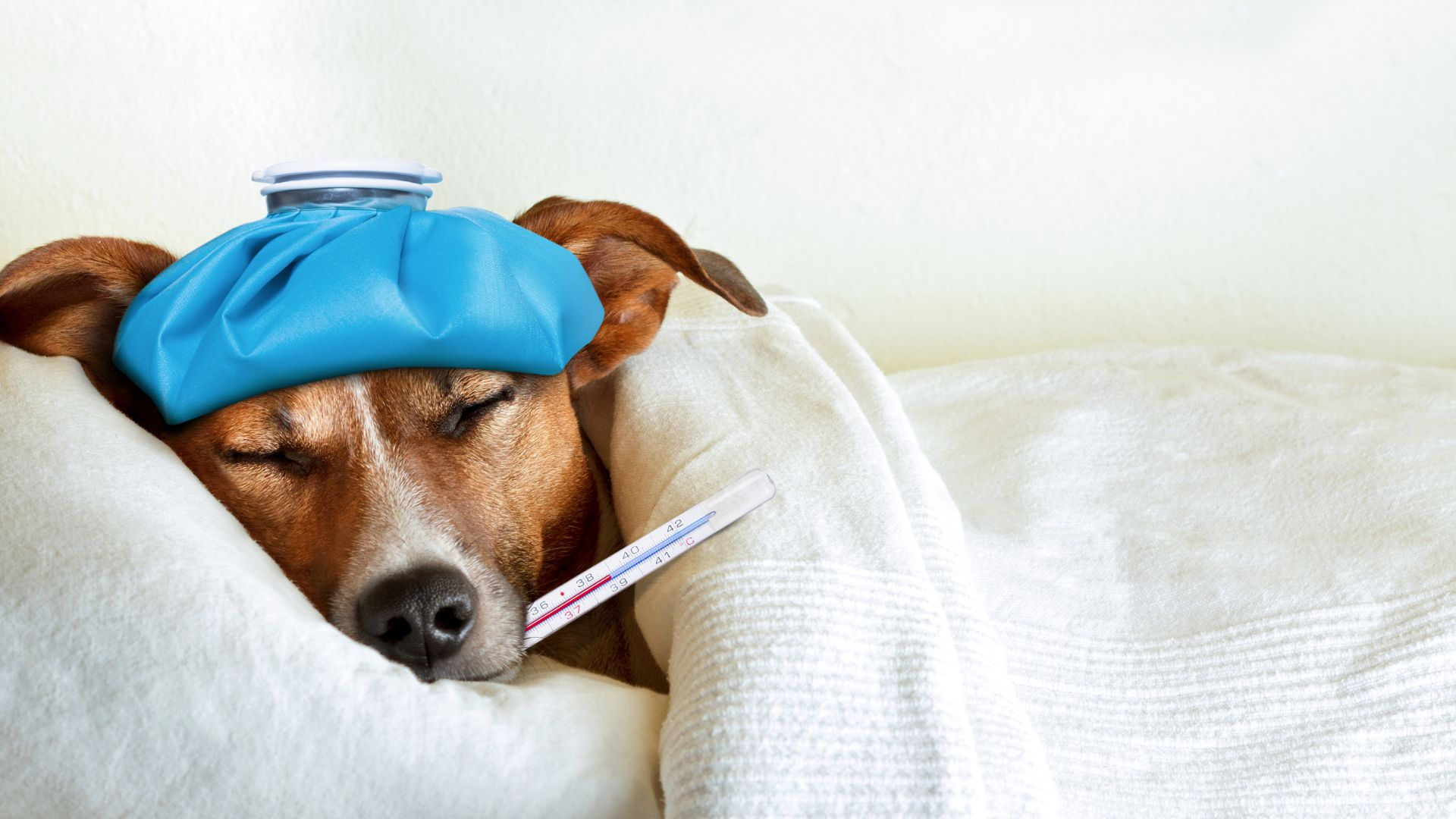
If you’re a ramen lover, it’s natural to want to share your love of this delicious dish with your furry friend. However, before you start pouring your leftover ramen broth into Fido’s bowl, it’s important to consider the potential risks involved.
One of the biggest concerns when feeding dogs noodles is the high sodium content. Many types of ramen contain over 1000mg of sodium per serving, which can harm dogs in large quantities.
Consuming too much sodium can lead to dehydration, which can cause serious health problems like kidney damage or even organ failure. Another risk associated with feeding dogs any human food is the potential for allergic reactions.
Many types of ramen contain ingredients like garlic and onion powder that are toxic to dogs and can cause digestive upset, anemia, and other serious health problems. Even if your dog has no allergy or sensitivity to these ingredients, it may still experience digestive upset due to the high-fat content in many types of noodles.
In addition to short-term risks like upset stomachs and dehydration, long-term consequences are associated with feeding dogs human food regularly. Dogs who consume human foods regularly may become overweight or obese if their diets are not carefully monitored.
Excess weight can strain your dog’s joints and lead to other health problems like diabetes and heart disease. While sharing a small amount of plain noodles with your furry friend may not be harmful in moderation – feeding them full bowls filled with broth and seasonings is strongly discouraged.
The high sodium content poses a danger to their overall health. At the same time, the risk for allergic reactions increases tenfold due to additional additives such as garlic powder or onion powder that could be present in some recipes. It’s always better to be safe than sorry – opt for options that cater more towards their dietary restrictions, and if you need a quick snack for them, some steamed vegetables or a lean protein alternative is always the better choice.
Alternatives to Feeding Your Dog Ramen
Offering Safe and Healthy Meals for Your Furry Friend
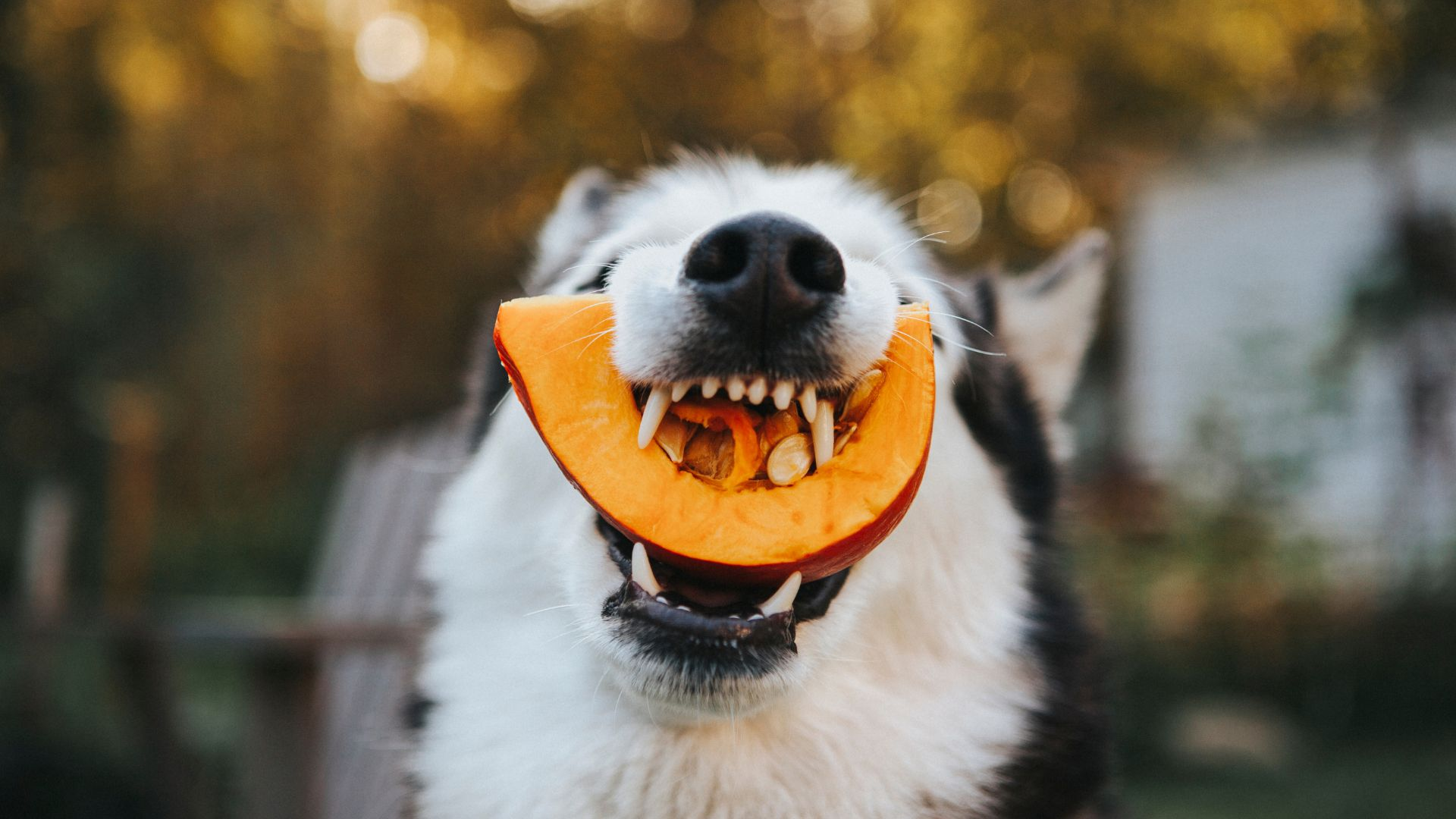
While ramen may be quick and easy, it’s not the most nutritious meal for your furry friend. Fortunately, there are plenty of alternatives that are safe for dogs to eat, such as lean meats and vegetables.
One option is boiled chicken breast, which is an excellent source of protein for your dog. You can also give them steamed or roasted vegetables such as carrots, green beans, or sweet potatoes.
These types of foods will provide your dog with the nutrients they need to stay healthy. Another alternative is fish.
Salmon and tuna are great sources of protein and omega-3 fatty acids that can benefit your dog’s skin and coat health. Just make sure that it’s cooked thoroughly before serving it to your furry friend.
Suggest Homemade Dog Food Recipes
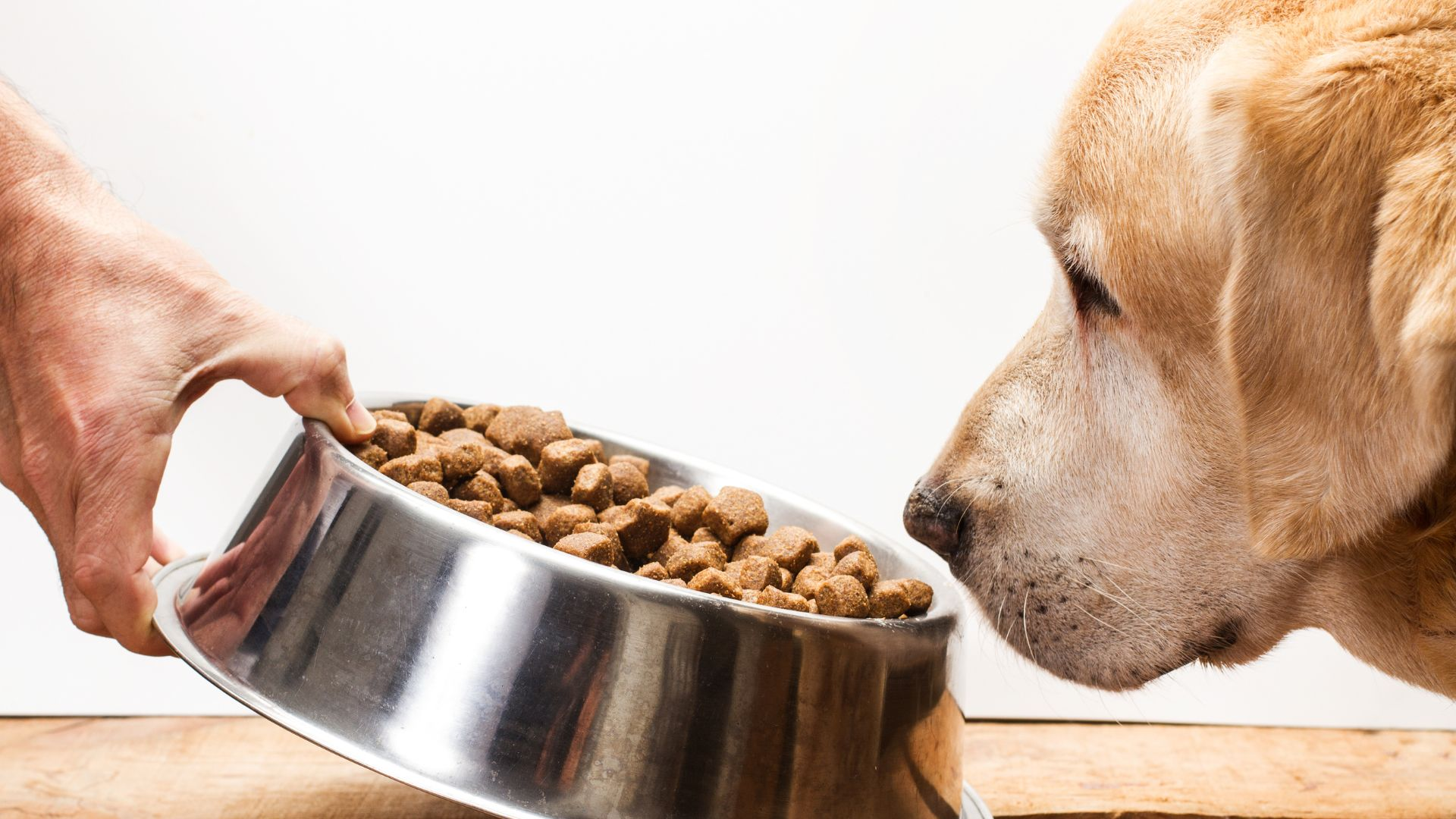
If you want to go a step further, why not try making homemade dog food? This way, you can tailor the recipe to meet your dog’s specific dietary needs while ensuring they get all the nutrients they need.
One recipe you can try is a mixture of cooked ground turkey or beef with brown rice, sweet potatoes, and green beans. This recipe provides balanced nutrition while being delicious at the same time.
Another homemade option is chicken stew made with chicken breast meat, carrots, peas, potatoes, and low-sodium chicken broth. It’s packed with healthy ingredients that will keep your furry friend happy and satisfied.
Conclusion
Feeding dogs noodles regularly may have negative long-term consequences on their health due to its high sodium content and potential allergens. As responsible pet owners, we should prioritize our furry friends’ health by being mindful of what we feed them. When looking for alternatives to ramen, consider lean meats such as boiled chicken or fish and vegetables like sweet potatoes.
If you’re feeling adventurous, try making homemade dog food using recipes tailored to meet your furry friend’s dietary needs. Not only will this give you peace of mind knowing exactly what your dog is eating, but it can also be a fun and rewarding experience.
Conclusion
We have explored the question of whether dogs can eat ramen. While it may be tempting to share your meal with your furry companion, there are several reasons why this should be avoided.
Ramen contains high levels of sodium and other potentially harmful ingredients that can cause health problems for your dog. In addition to the risks associated with feeding dogs ramen, there are also long-term consequences of regularly feeding them human food.
Dogs have unique dietary requirements that cannot always be met by human food alone, which means that their health could suffer if they do not receive a balanced and nutritionally complete diet. Given these risks, dog owners need to prioritize their pet’s health by being mindful of what they feed them.
Rather than sharing your meals with your furry friend, consider providing them with a high-quality dog food that is tailored to meet their specific dietary needs. This will help ensure that they receive all the nutrients they need to stay healthy and happy.
At the end of the day, while sharing your favorite snacks with your dog may seem fun or harmless, it is important to remember that their health should always come first. By making informed choices about what you feed them and prioritizing their well-being above all else, you can help ensure that they live a long and healthy life as a loyal companion by your side.
Frequently Asked Questions
Is it safe for dogs to consume instant noodles?
Instant noodles are not recommended for dogs due to their high sodium and artificial flavoring content.
Can dogs safely eat spicy ramen?
Spicy ramen should be avoided as it may cause stomach discomfort and irritation in dogs.
Is it okay for dogs to eat cheese ramen?
Cheese ramen is generally not recommended for dogs due to the high-fat content, which can lead to digestive issues.
Can dogs eat plain noodles?
Plain noodles, without any seasoning or additives, these noodles can be safe for dogs to eat in moderation.
If you like this article, why not check out these articles
Quail Eggs for Fido: A Comprehensive Guide to Feeding Your Dog the Nutritious and Delicious Eggs
Chocolate and Canines: A Sweet Treat or Dangerous Temptation?

